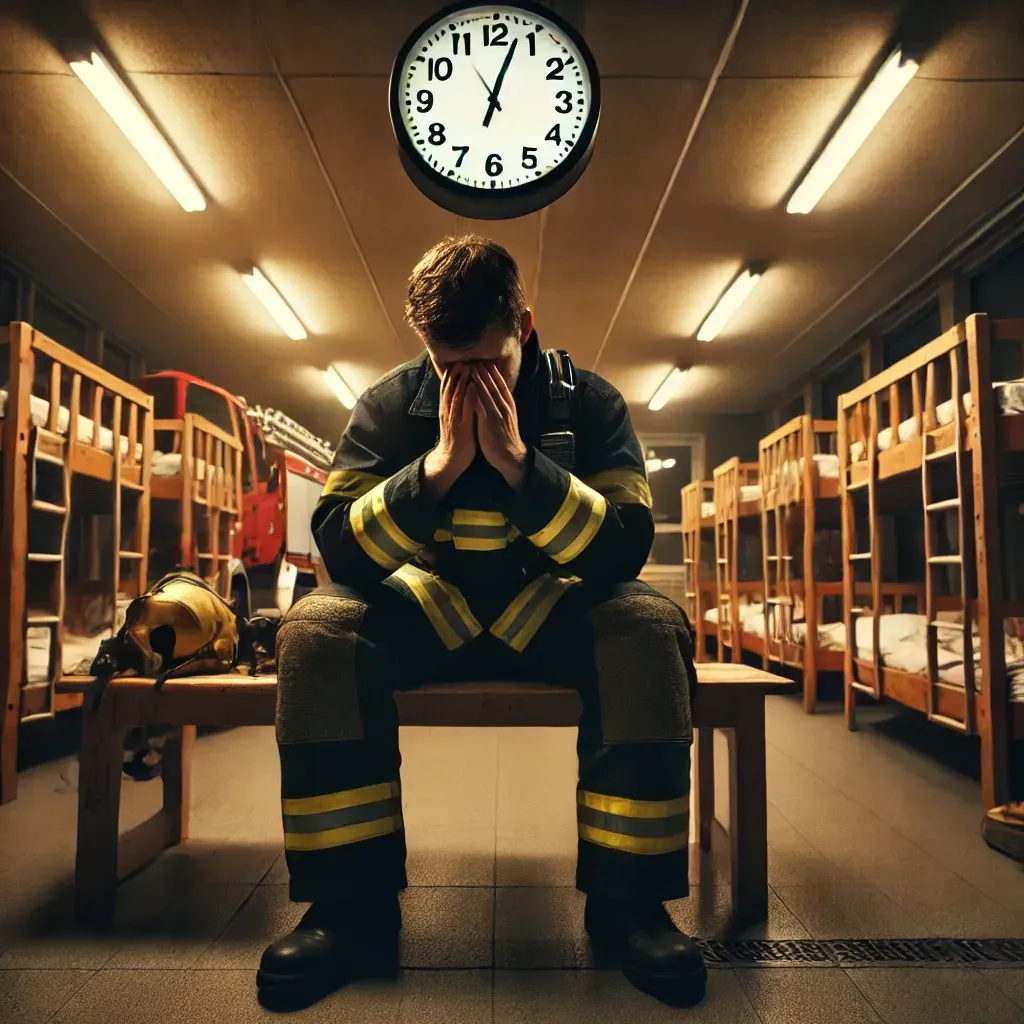
Sleep Tips for First Responders
The Importance of Sleep for First Responders
This may seem like a no brainer but, first responders—firefighters, EMTs, and law enforcement officers—operate in some of the most high-stress, physically demanding environments. Long shifts, unpredictable calls, and overnight duties can take a serious toll on sleep, yet adequate rest is essential for peak performance, mental clarity, and overall well-being. While getting enough sleep may be difficult on the job, making good use of your off-duty slumbers matters!
Why Sleep Matters
Lack of sleep doesn’t just lead to fatigue; it affects reaction time, decision-making, and even emotional resilience. Studies show that sleep deprivation can mimic the effects of alcohol impairment, increasing the likelihood of errors in high-risk situations. For first responders, even a split-second mistake can have serious consequences.
The Risks of Sleep Deprivation
🚨 Slower Reaction Times – When you’re exhausted, your body and brain lag behind, making it harder to respond quickly.
🚨 Impaired Judgment – Fatigue impacts critical thinking, making decision-making more difficult under pressure.
🚨 Weakened Immune System – Chronic sleep deprivation can increase the risk of illness and long-term health issues like heart disease and high blood pressure.
🚨 Increased Risk of PTSD and Mental Health Issues – Quality sleep is vital for emotional processing and stress management, both of which are crucial in high-pressure professions.
Tips for Better Sleep
Getting enough rest might seem impossible with unpredictable schedules, but small changes can make a big difference:
✔️ Prioritize Sleep When Off-Duty – Even if your sleep schedule is irregular, aim for 7-9 hours whenever possible.
✔️ Create a Sleep-Friendly Environment – Use blackout curtains, white noise machines, and cool room temperatures to enhance sleep quality.
✔️ Limit Caffeine and Stimulants – Try to cut back on coffee and energy drinks a few hours before bedtime.
✔️ Practice Relaxation Techniques – Deep breathing, meditation, or stretching before bed can help signal your body that it’s time to rest.
✔️ Nap Smart – Short power naps (20-30 minutes) can help recharge without making you groggy.
Sleep for Safety
Your ability to save lives starts with taking care of your own health. Sleep isn’t a luxury—it’s a necessity for staying sharp, making critical decisions, and keeping yourself and your team safe. Prioritizing rest helps ensure that when duty calls, you’re ready to perform at your best.
Stay safe, stay strong, and get the rest you need to keep doing what you do best—protecting and serving your community.
#FirstResponderWellness #SleepMatters #StaySharpStaySafe #TheFireDepot